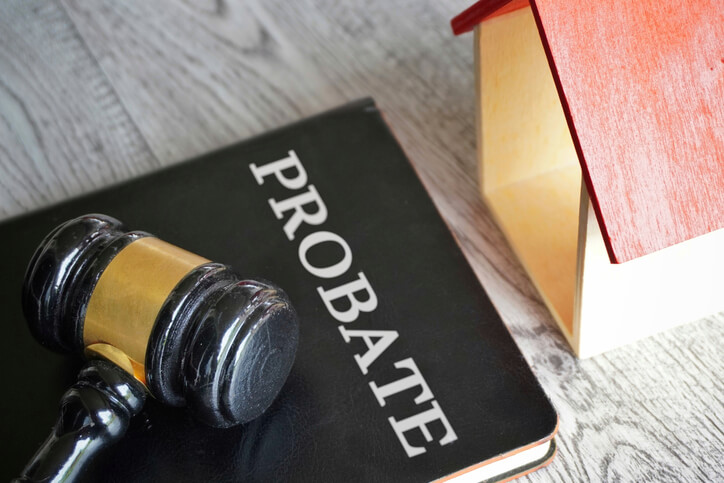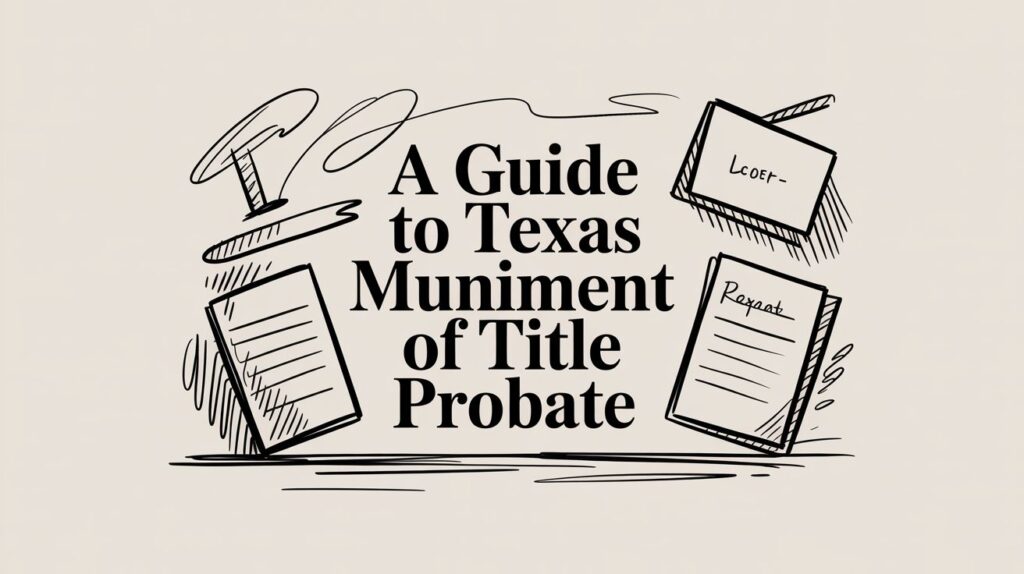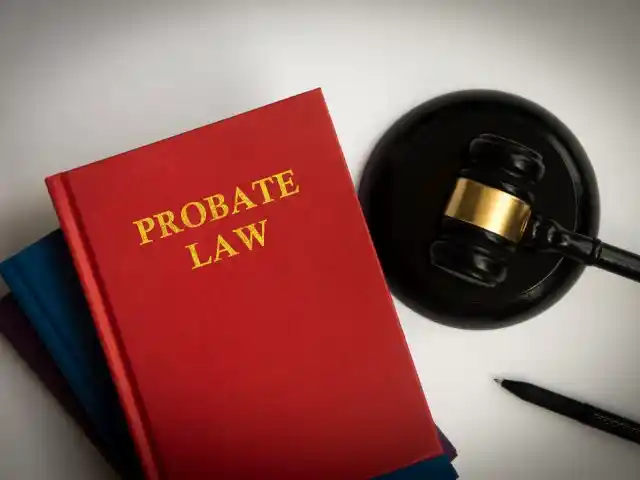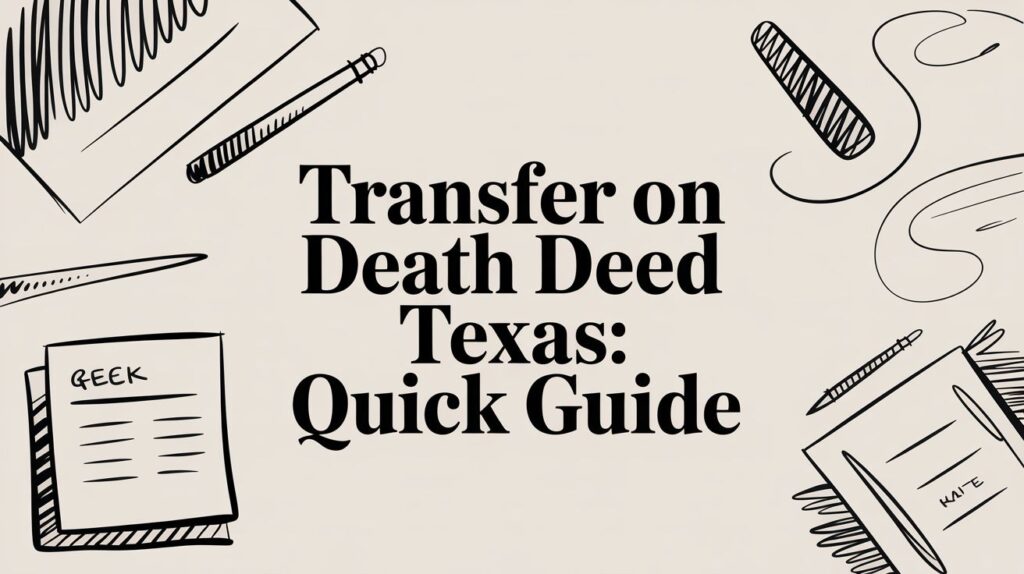In Texas, as in many other jurisdictions, the probate process serves as the legal mechanism for administering the estate of a deceased individual. However, while this process is essential for transferring assets to heirs and beneficiaries, it can often be fraught with complexities, time delays, and expenses. Moreover, probate proceedings are typically a matter of public record, potentially compromising the privacy of the deceased and their family.
Against this backdrop, it becomes imperative to explore alternative methods of transferring property without the need for probate. These alternatives offer distinct advantages, including efficiency, cost-effectiveness, and privacy protection. By understanding and leveraging these alternative transfer methods, individuals can streamline the estate distribution process and ensure the timely and seamless transfer of assets to their intended recipients.
Common Methods for Transferring Property Without Probate in Texas
Joint Ownership with Right of Survivorship (JTWROS)
Joint Ownership with Right of Survivorship (JTWROS) is a legal arrangement that allows two or more individuals to own property together, with the share of each owner passing directly to the surviving owner(s) upon death. This method effectively bypasses the probate process and ensures a seamless transfer of ownership. The key feature of JTWROS is its survivorship right, which means that when one owner dies, their share automatically transfers to the surviving owner(s) without probate proceedings.
Ensuring that the property is correctly titled to reflect the JTWROS designation is essential. This involves explicitly specifying the joint ownership arrangement on the property title or deed. However, it’s important to note that while JTWROS offers a streamlined transfer process, it also comes with limitations. For instance, the original owner may have limited control over the property, as decisions must be made jointly with the co-owner(s). Additionally, there may be potential gift tax implications associated with transferring ownership during the owner’s lifetime.
Transfer-on-Death Deed (TODD)
Another method for transferring property without probate in Texas is through a Transfer-on-Death Deed (TODD). This legal instrument allows property owners to designate a beneficiary who will automatically inherit the property upon the owner’s death. Unlike JTWROS, TODDs provide the owner with full control and ownership rights during their lifetime, with the transfer of ownership occurring only upon death.
TODDs commonly serve real estate properties, providing several advantages, including avoiding probate and enabling the owner to retain control over the property during their lifetime. However, it’s important to recognize that TODDs may not be suitable for all types of assets, and there may be limitations or restrictions depending on state laws and regulations.
Enhanced Life Estate Deed (Lady Bird Deed)
The Enhanced Life Estate Deed, commonly known as the Lady Bird Deed, is a specialized form of deed that combines elements of both JTWROS and TODD. With a Lady Bird Deed, the property owner retains a life estate, allowing them to maintain control and use of the property during their lifetime. However, upon the owner’s death, the property automatically transfers to the designated beneficiary without probate.
One of the key advantages of the Lady Bird Deed is its flexibility. It allows the owner to retain full control over the property, including the ability to sell, lease, or mortgage it during their lifetime. This makes it an attractive option for individuals who wish to retain flexibility and control over their property while ensuring a seamless transfer of ownership to their chosen beneficiary upon death.
Despite its advantages, the Lady Bird Deed can be complex, and proper drafting is essential to ensure its validity and effectiveness. Therefore, individuals considering this option should consult with an experienced attorney to ensure that they draft the deed correctly and comply with state laws and regulations.
Choosing the Right Method
Choosing the right method for transferring property without probate is a complex process that requires careful consideration of several factors. The type of property being transferred, the number of beneficiaries involved, the original owner’s desired level of control, and potential tax implications constitute these factors. Real estate transfer methods like transfer-on-death deed (TOD), establishing a living trust, or joint tenancy with right of survivorship (JTWROS) have advantages and disadvantages, such as cost, complexity, and flexibility.
For bank accounts and financial assets, payable-on-death (POD) designations or establishing a living trust are common methods to avoid probate. These allow the account holder to designate beneficiaries who will receive funds upon death. When multiple beneficiaries are involved, consider utilizing methods such as establishing a living trust or joint tenancy, as they facilitate clear beneficiary designation and efficient asset distribution.
The desired level of control for the original owner is also crucial, as some transfer methods offer more control during their lifetime. For example, a living trust allows the original owner to retain control over assets and designate their distribution after their death, while joint tenancy relinquishes some control to co-owners.
Tax considerations are also significant in selecting the right property transfer method. There are varying tax consequences, such as income tax, gift tax, and estate tax. Consulting with a tax advisor or estate planning attorney is recommended to understand these implications and choose the most tax-efficient option.
Importance of Legal Guidance
An estateplanning attorney is crucial for individuals seeking to manage their affairs effectively, protect their assets, and ensure the smooth property transfer to their heirs or beneficiaries. They provide legal guidance, ensuring legal compliance and proper drafting of documents, such as wills, trusts, powers of attorney, and beneficiary designations. This helps minimize the risk of disputes, challenges, or invalidation of estate planning instruments, providing peace of mind to the individual and their loved ones.
An experienced estate planning attorney can assess an individual’s unique circumstances, such as the size of the estate, family dynamics, asset composition, and personal preferences, and provide tailored advice on the most suitable methods for transferring property, minimizing taxes, and achieving estate planning goals. This includes setting up trusts, establishing joint ownership arrangements, implementing beneficiary designations, and other estate planning tools.
Tax considerations are also essential in estate planning, as improper planning can result in significant tax liabilities for the individual’s estate or beneficiaries. An attorney with in-depth knowledge of federal and state tax laws governing estates, gifts, and inheritances can develop tax-efficient strategies to minimize estate taxes, gift taxes, and income taxes on inherited assets. This may involve using tax-saving vehicles like trusts, establishing gifting strategies, or leveraging applicable tax deductions and exemptions.
Consulting with an estate planning attorney is essential for individuals seeking to create a comprehensive estate plan that meets their unique needs and goals. Their expertise guides individuals through the complexities of estate planning and safeguards their legacy for future generations.
Key Takeaways: Transfer Property Without Probate in Texas
In conclusion, navigating the complexities of transferring property without probate in Texas requires a thorough understanding of the legal options and considerations. Joint Ownership with Right of Survivorship, Transfer-on-Death Deeds, and Enhanced Life Estate Deeds offer alternative pathways to circumvent the often time-consuming and costly probate process. These alternatives facilitate a smoother and more efficient transfer of assets and provide a degree of privacy and control over the estate not typically afforded by traditional probate proceedings.








